We Are Frying! / ¡Nos freímos!
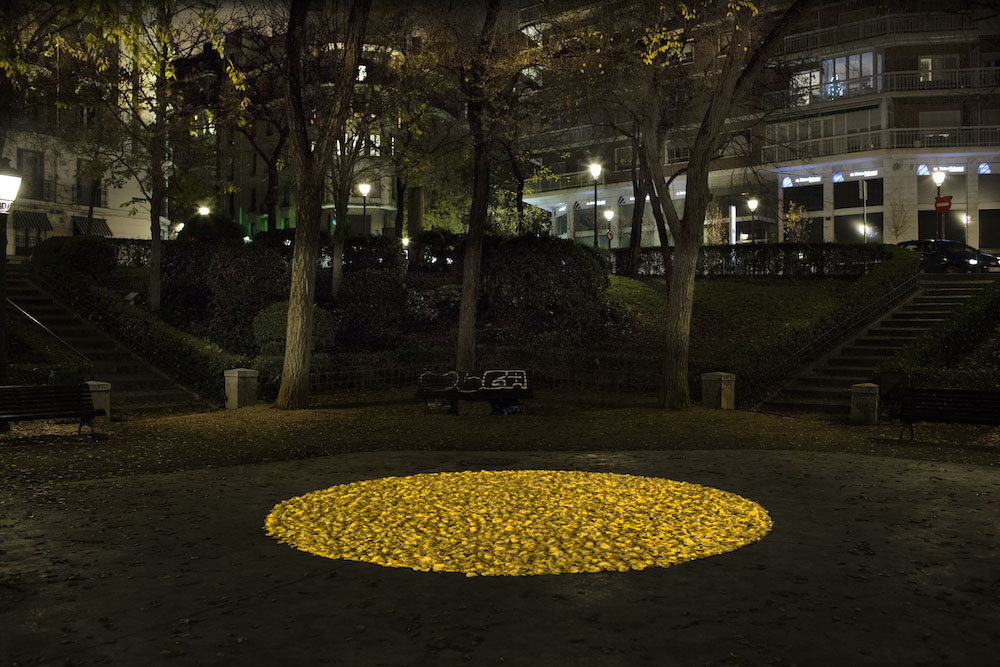
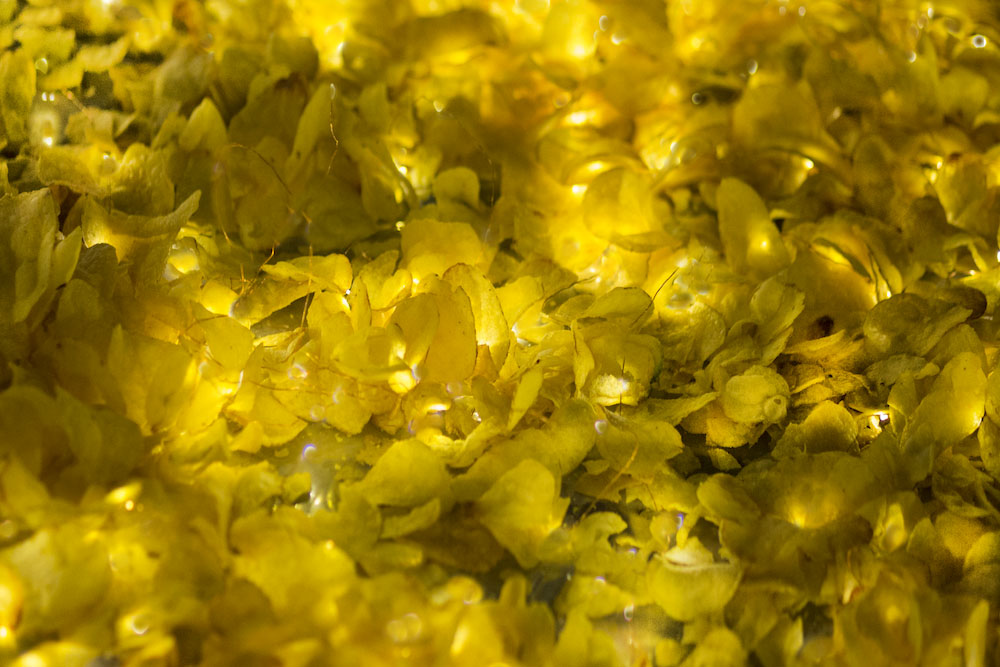
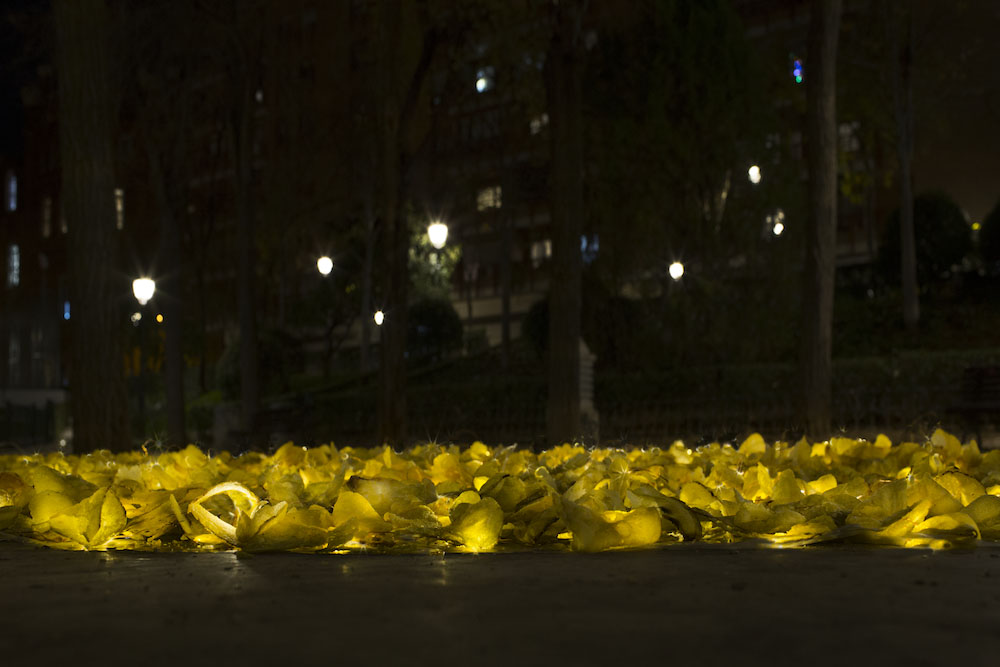
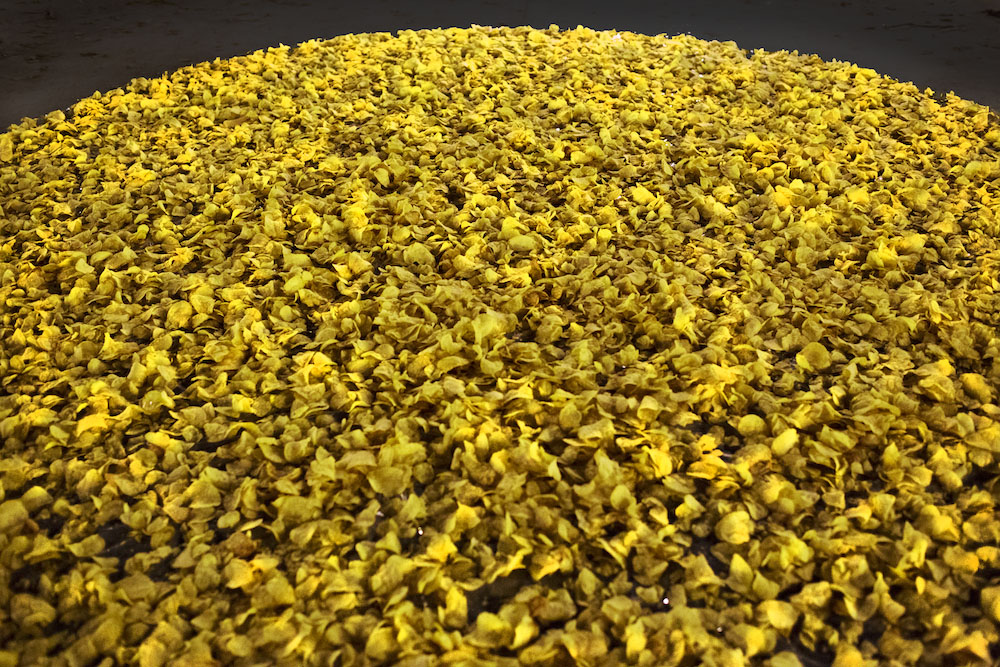
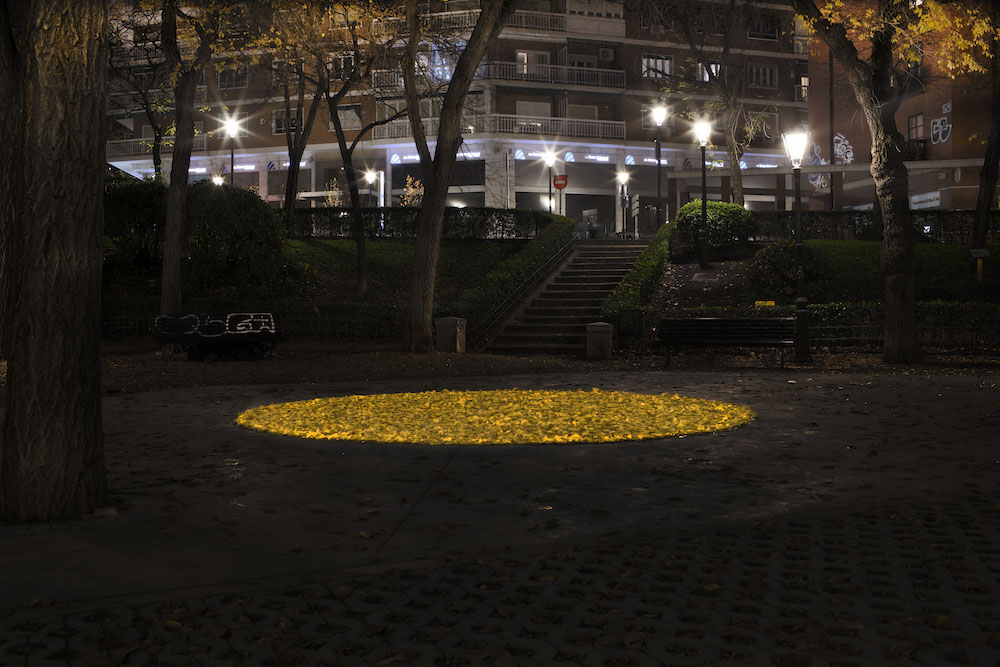
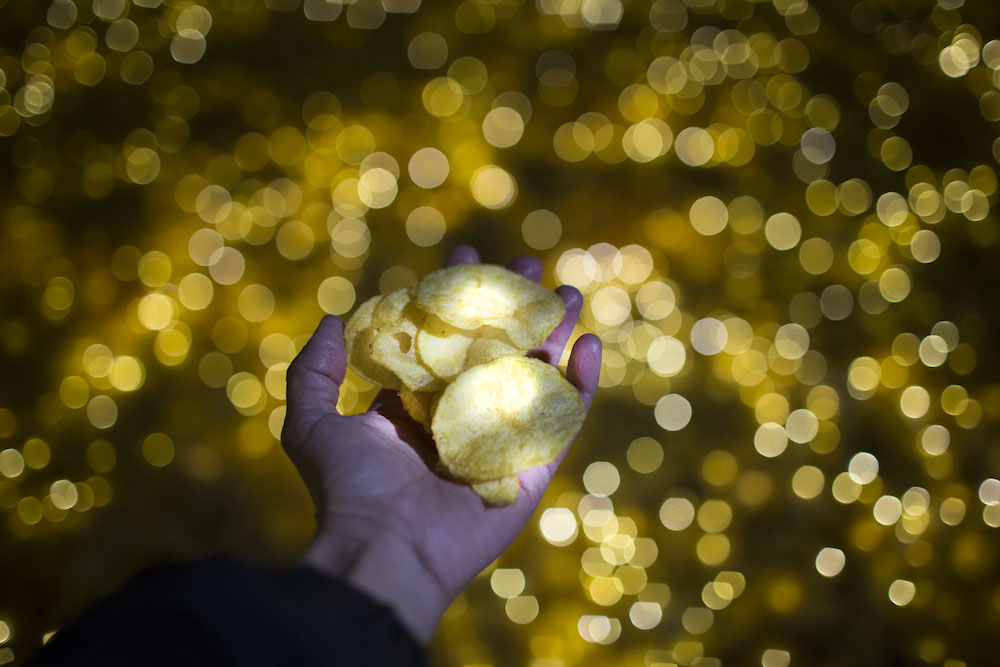
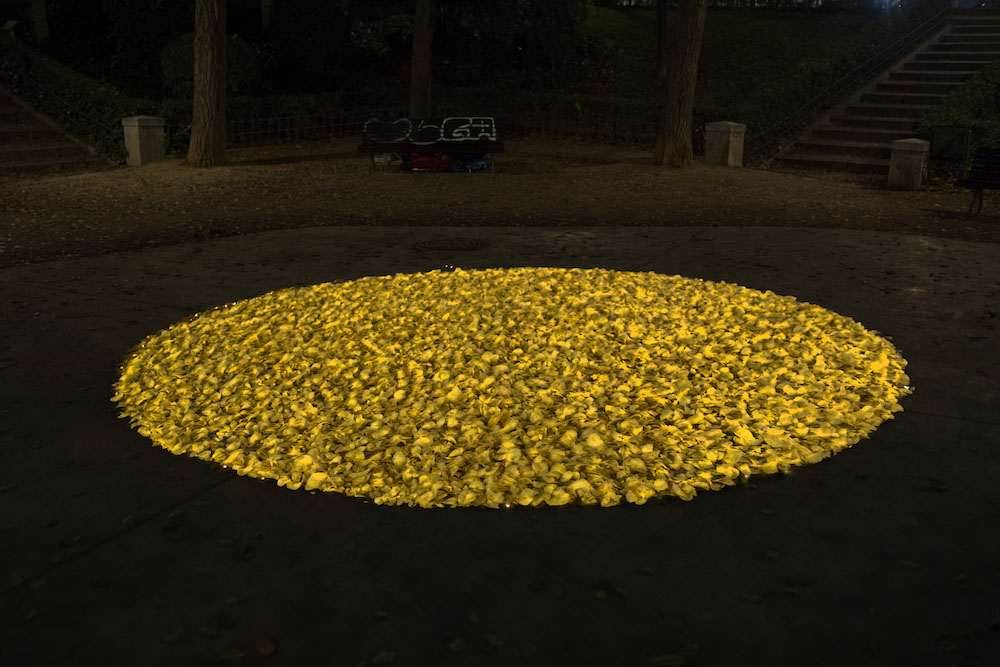
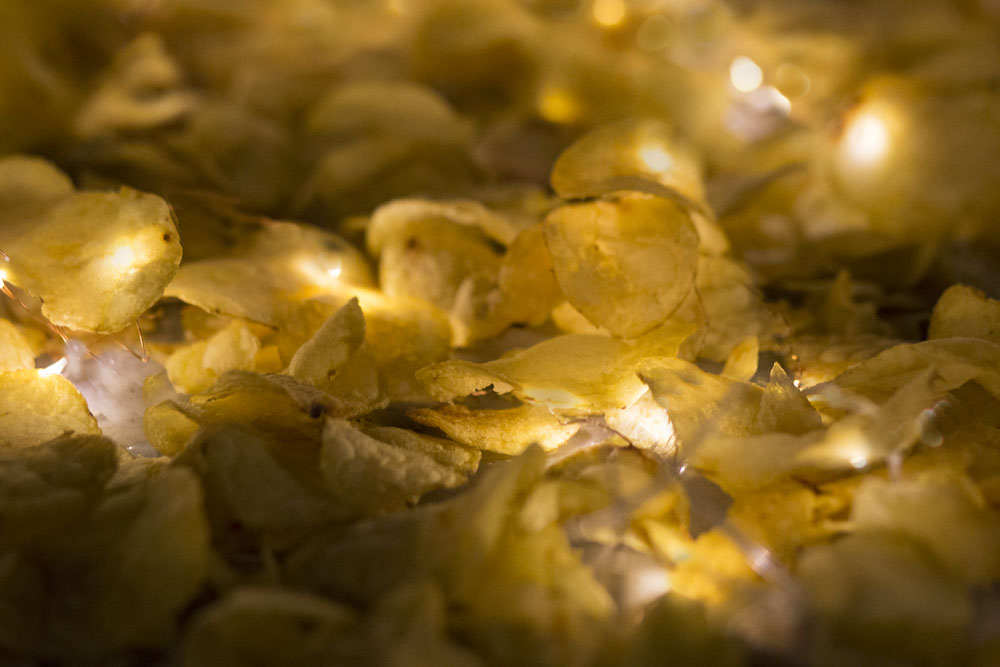
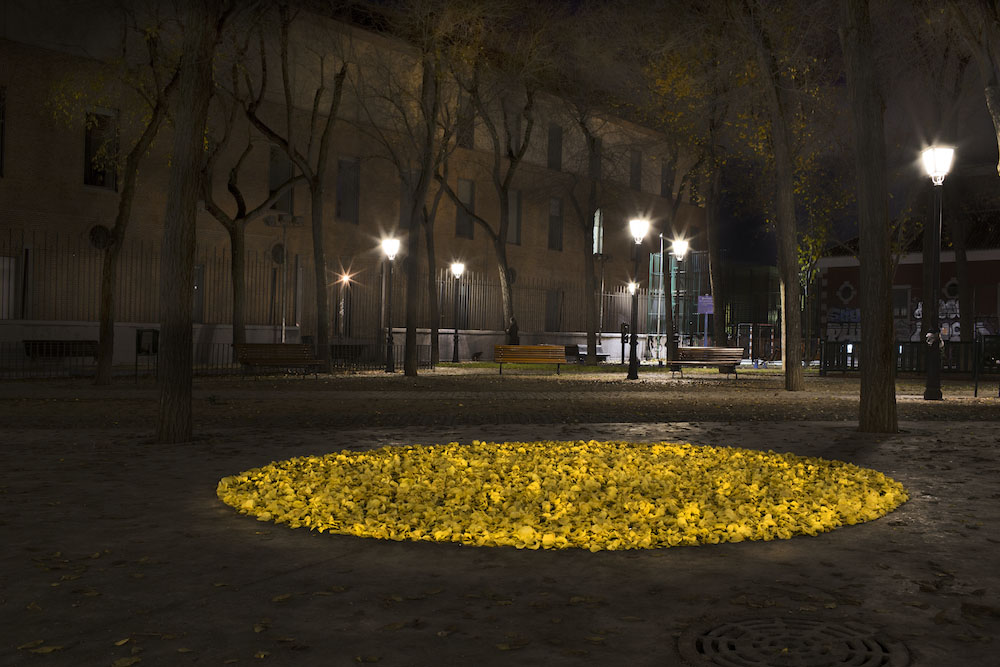
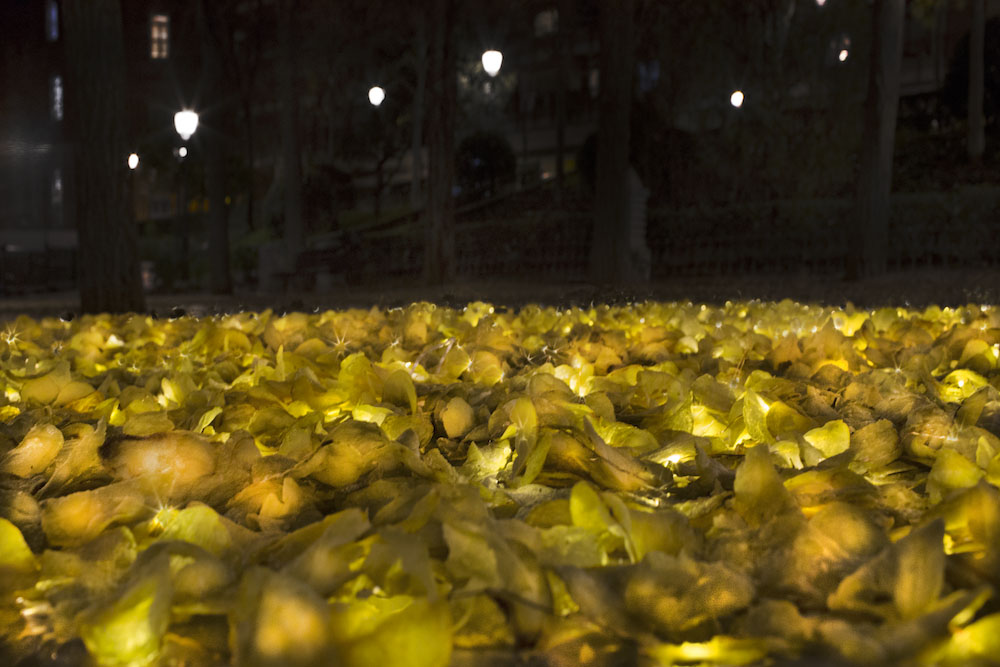
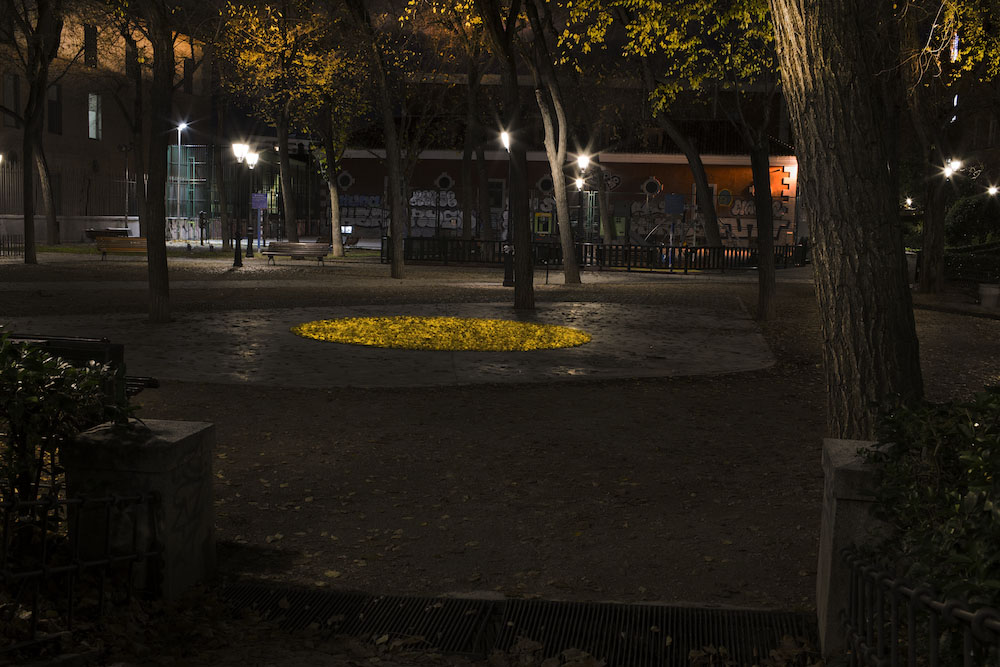
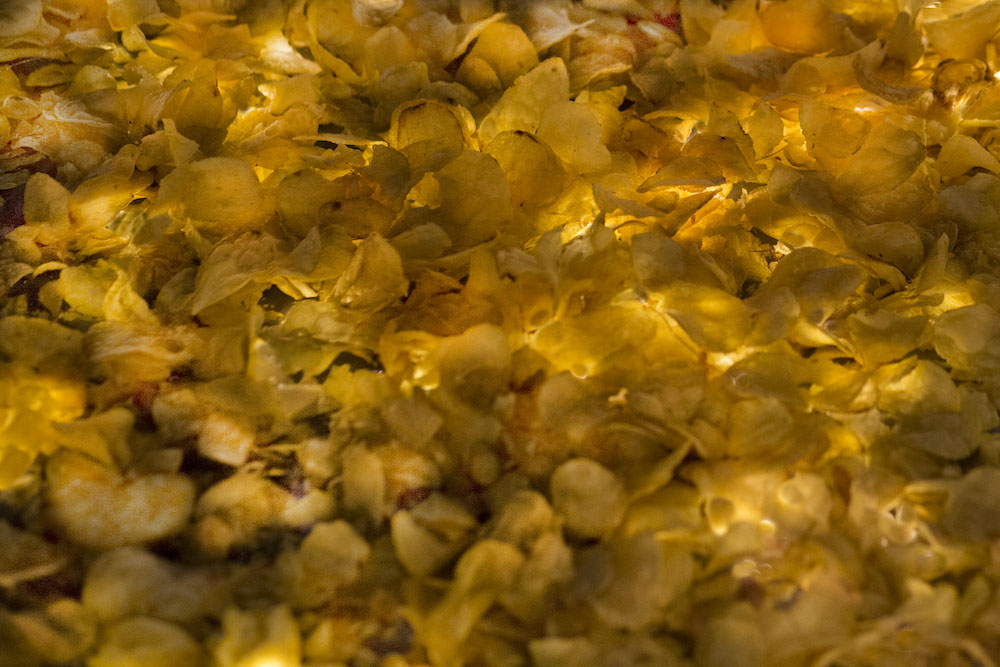
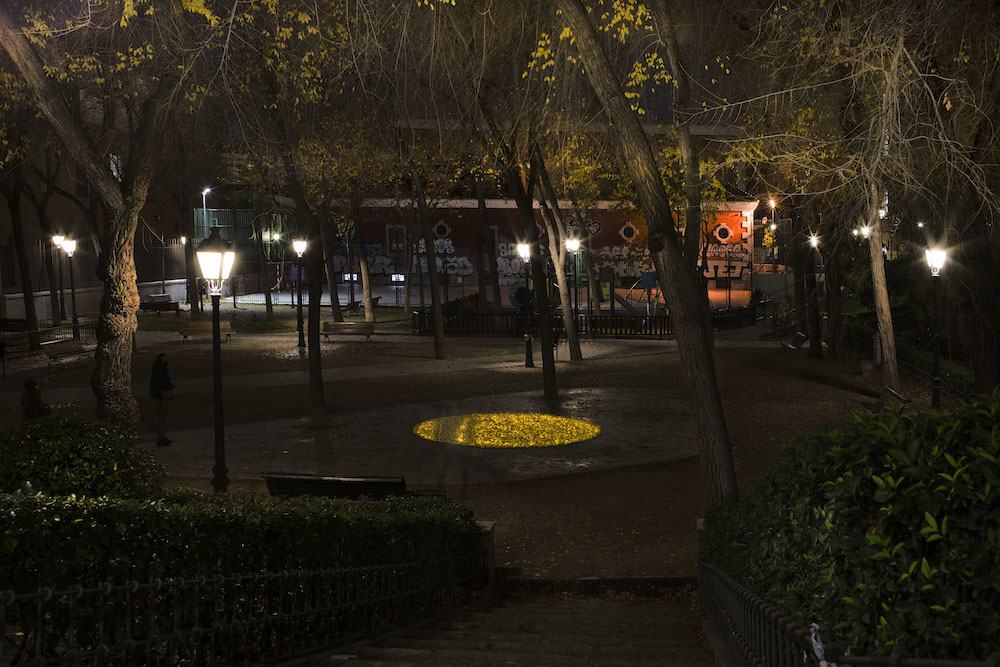
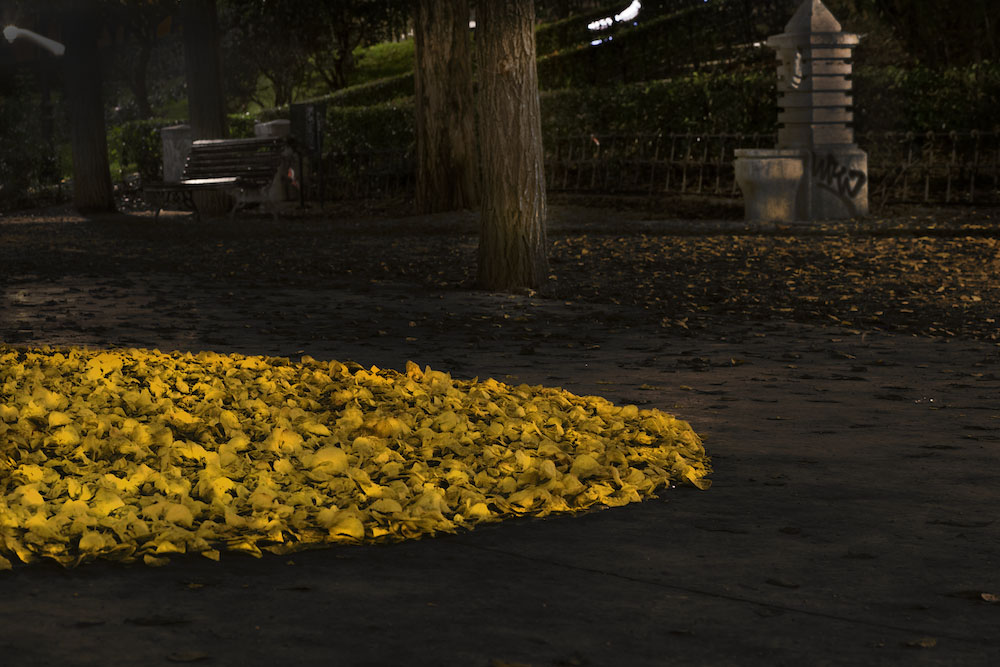
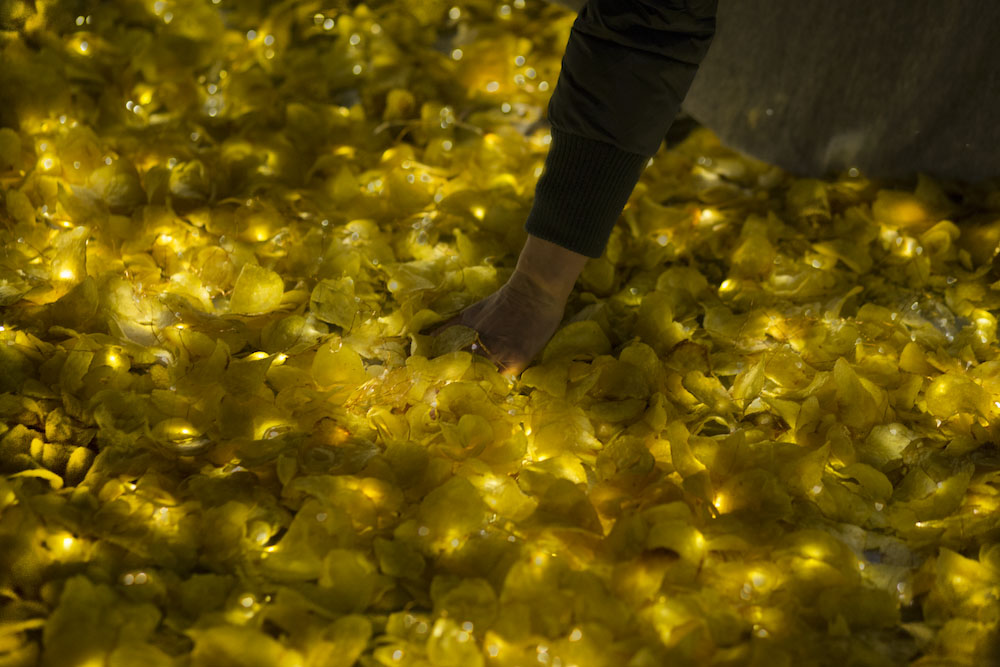
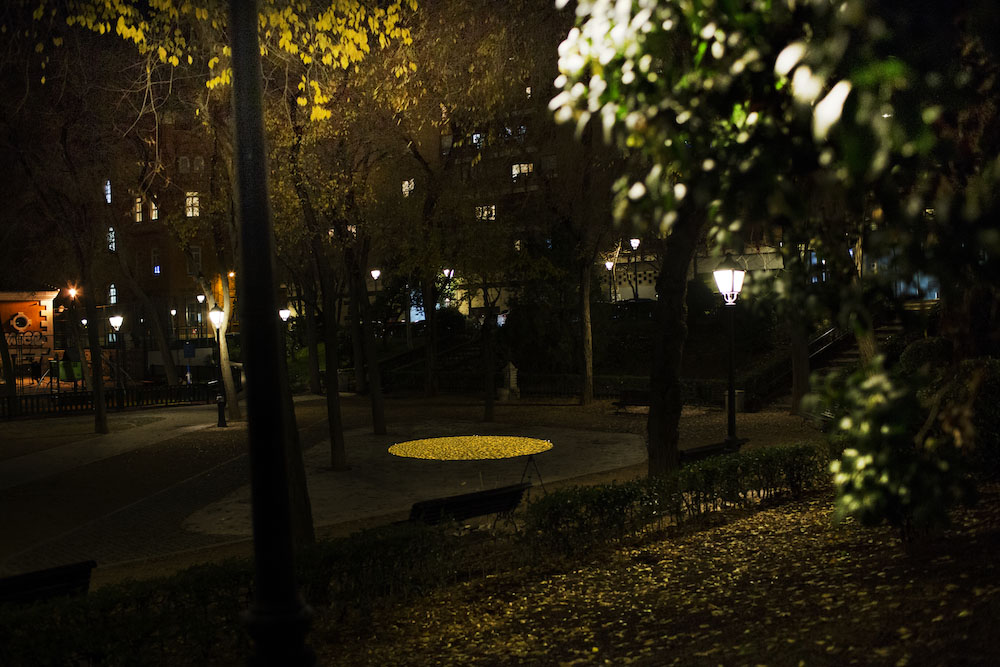
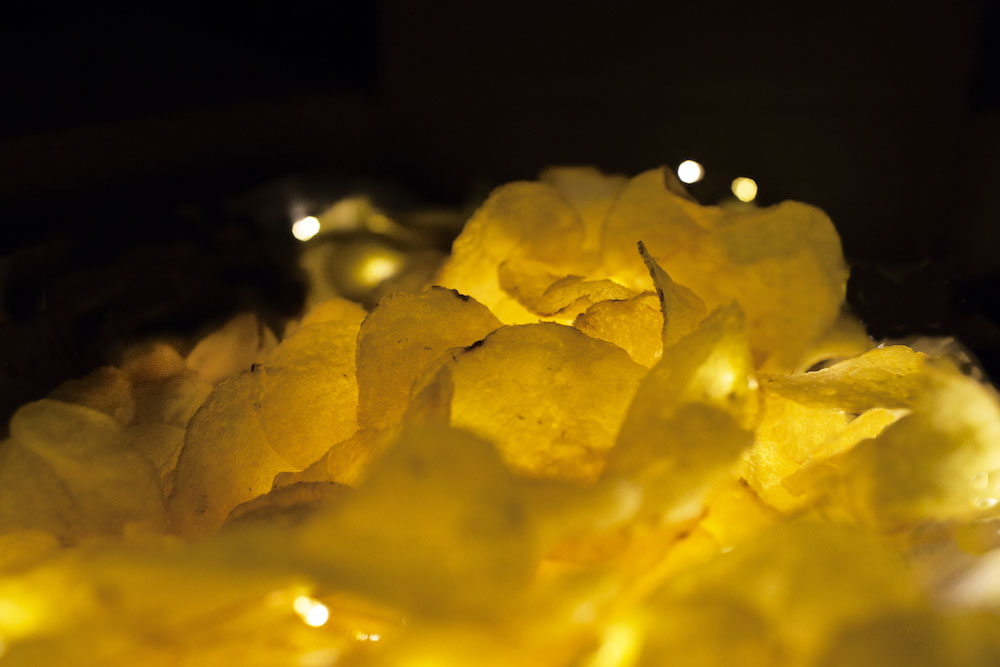
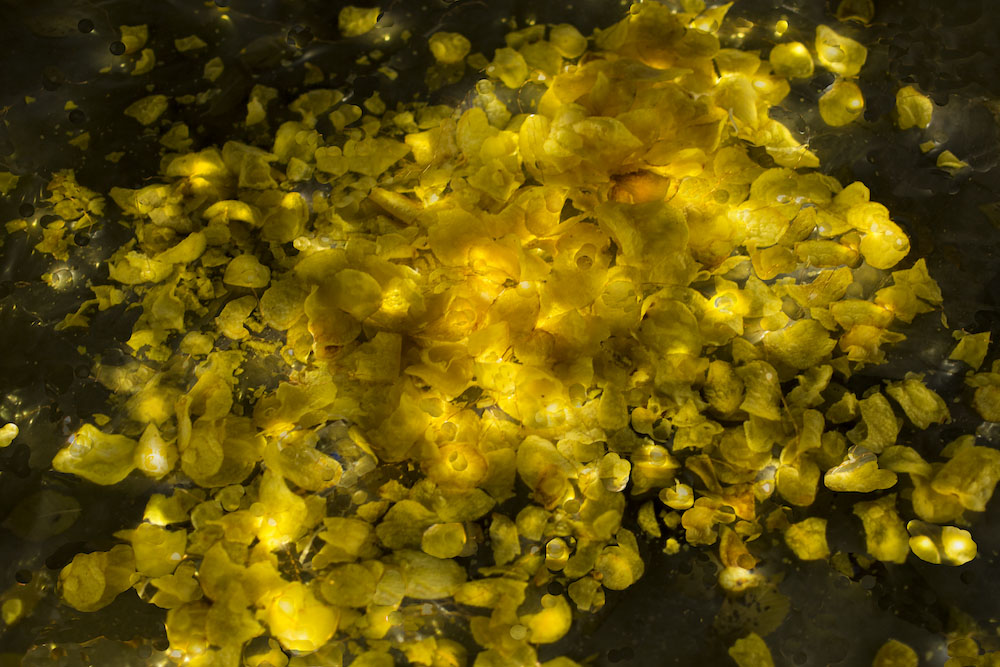
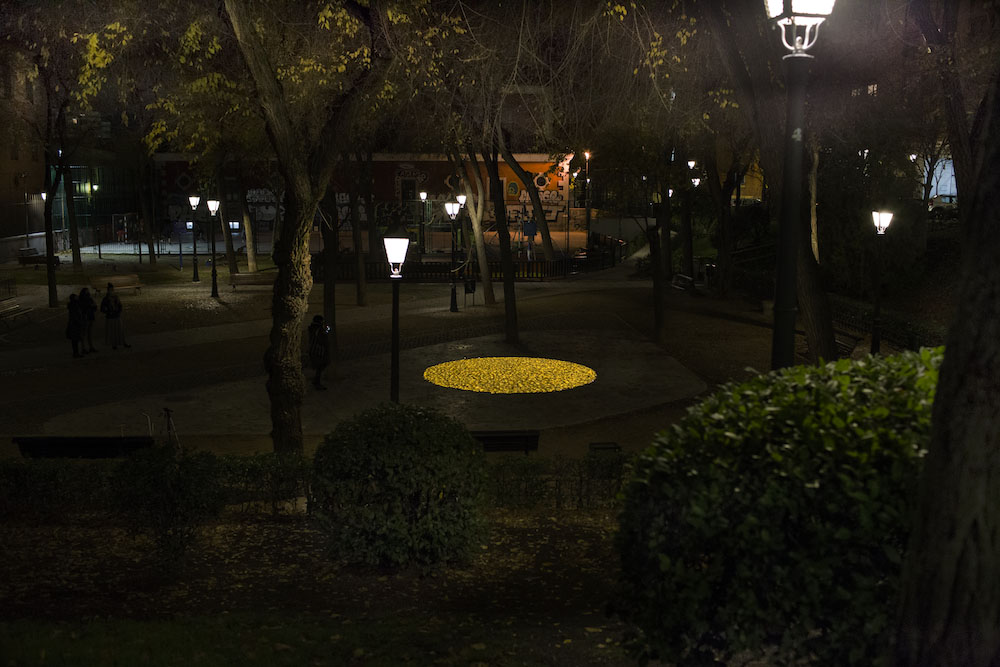
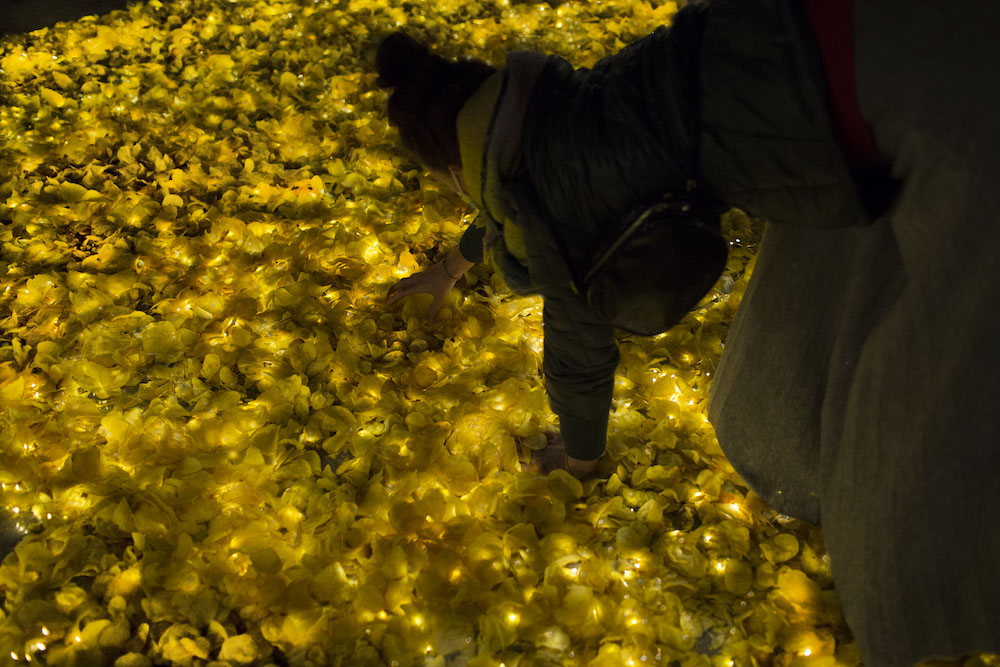
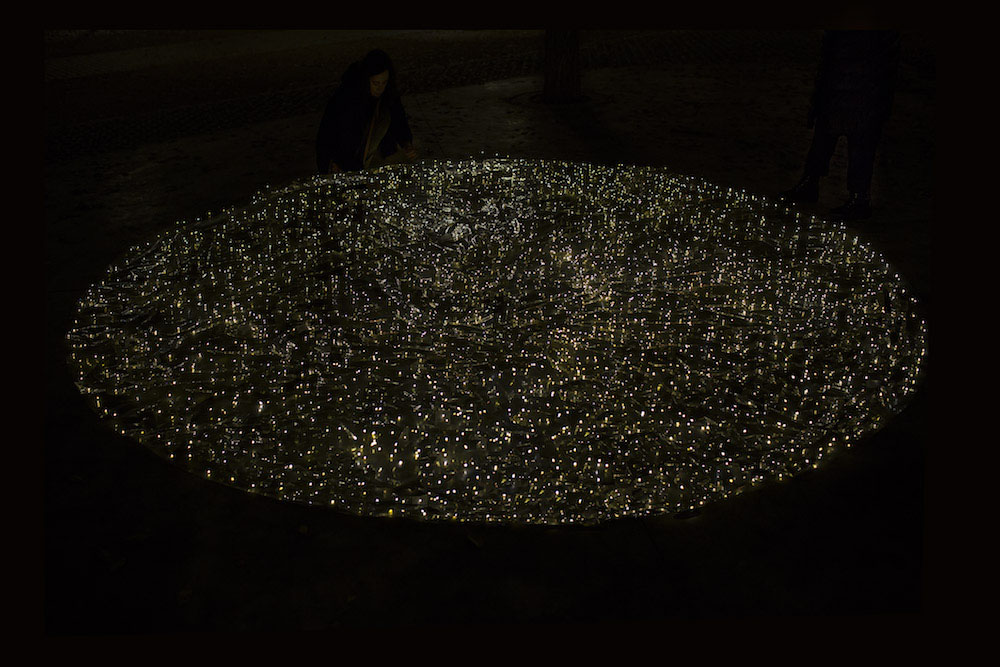
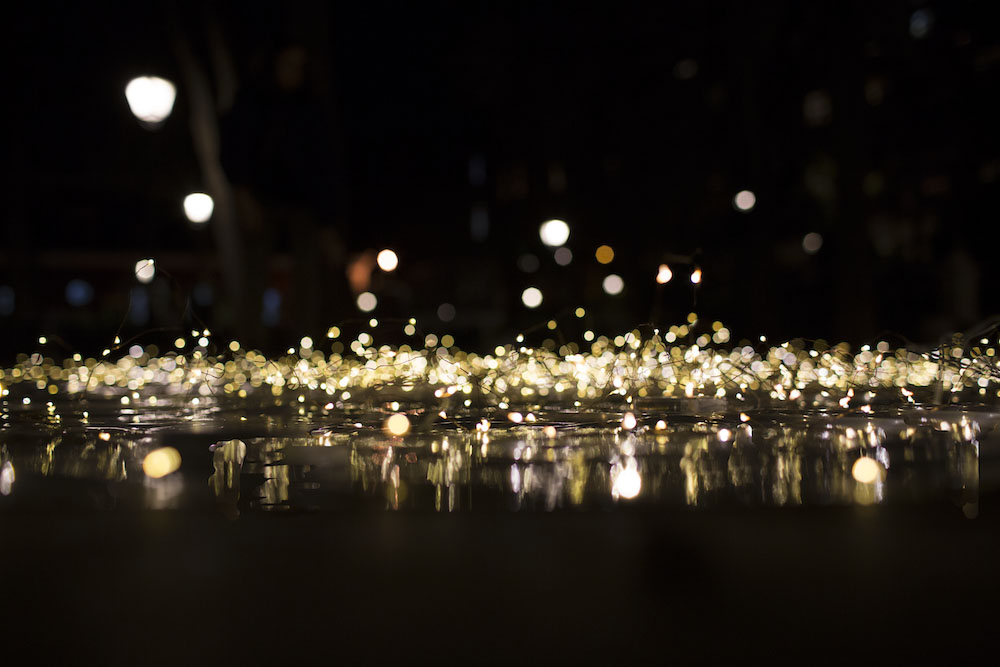
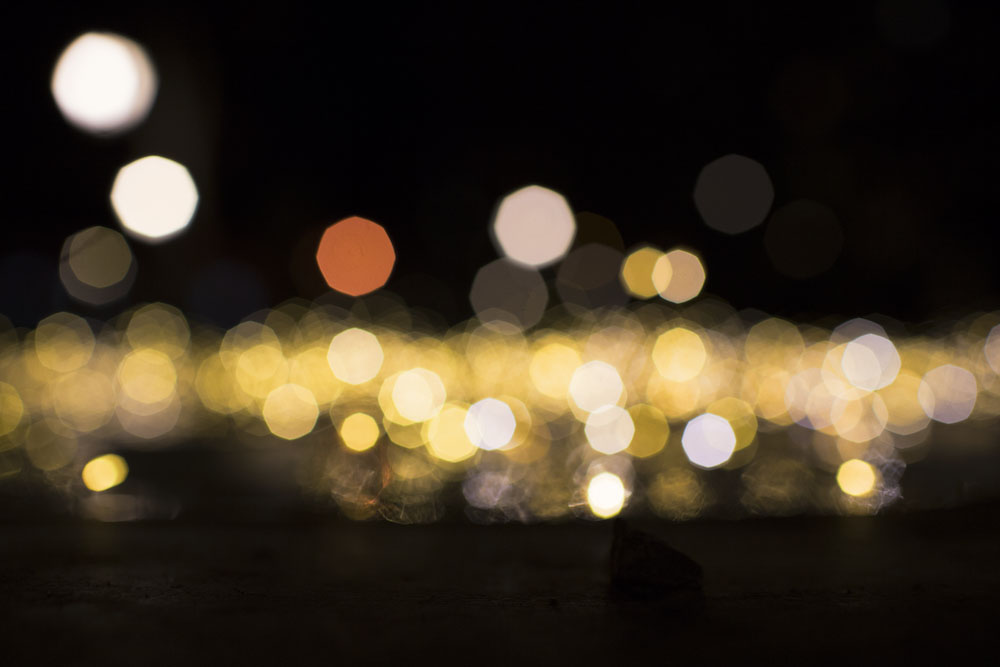
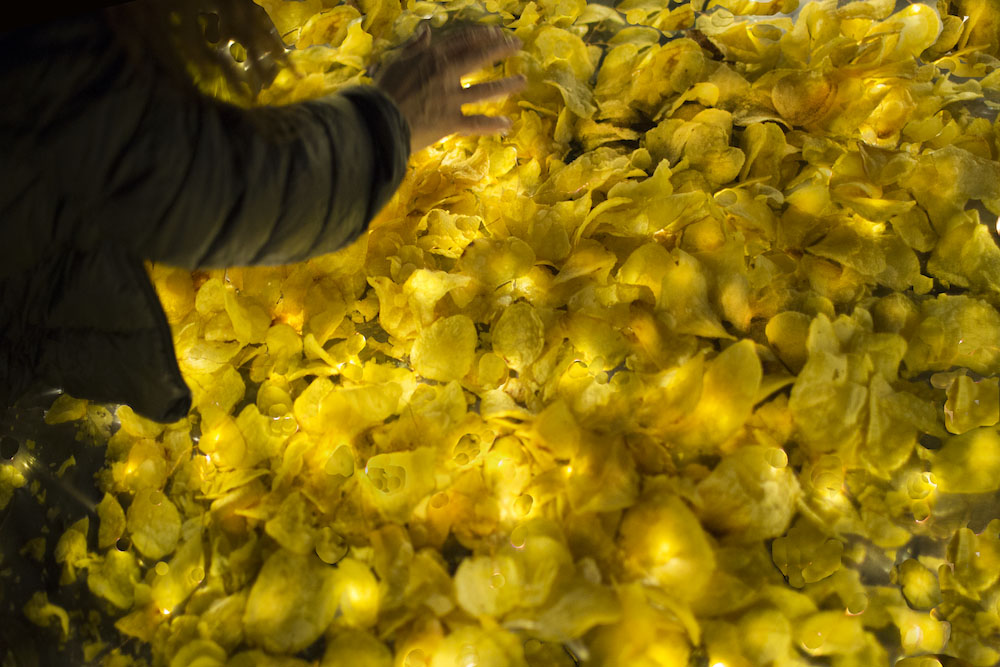
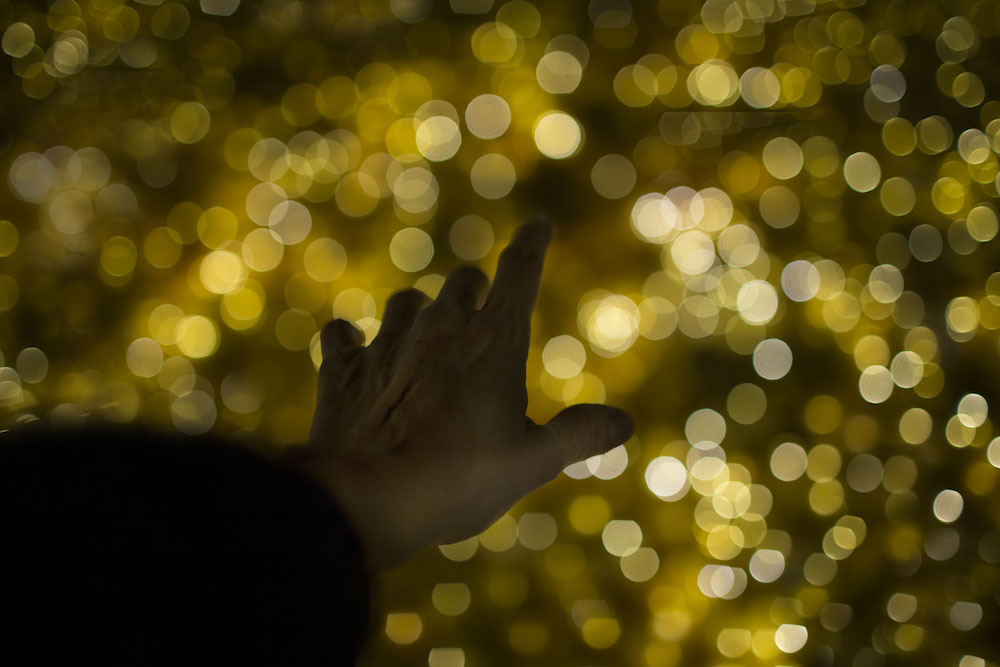
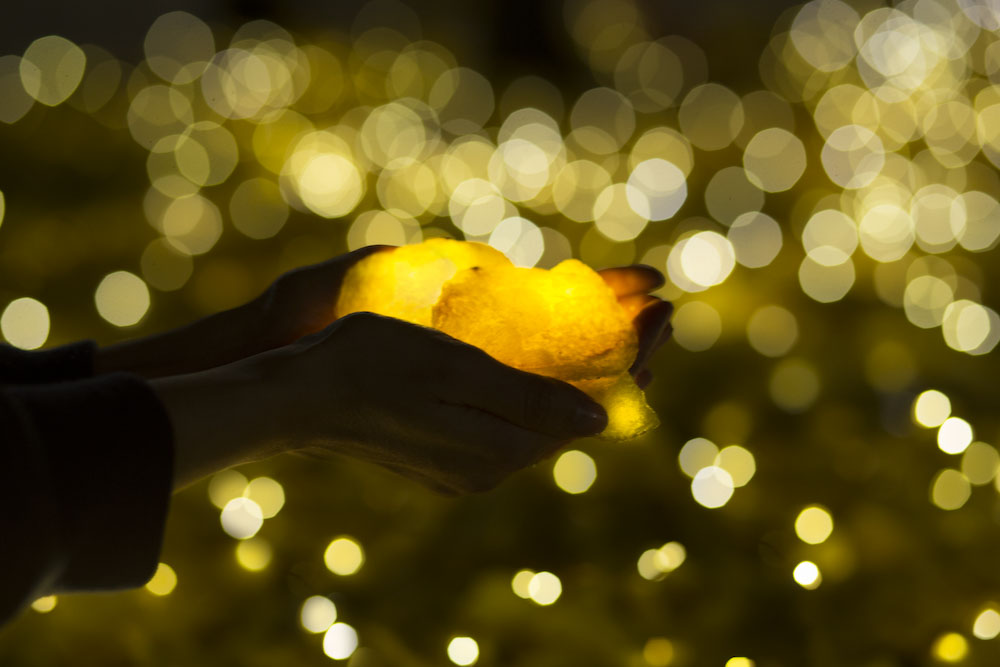
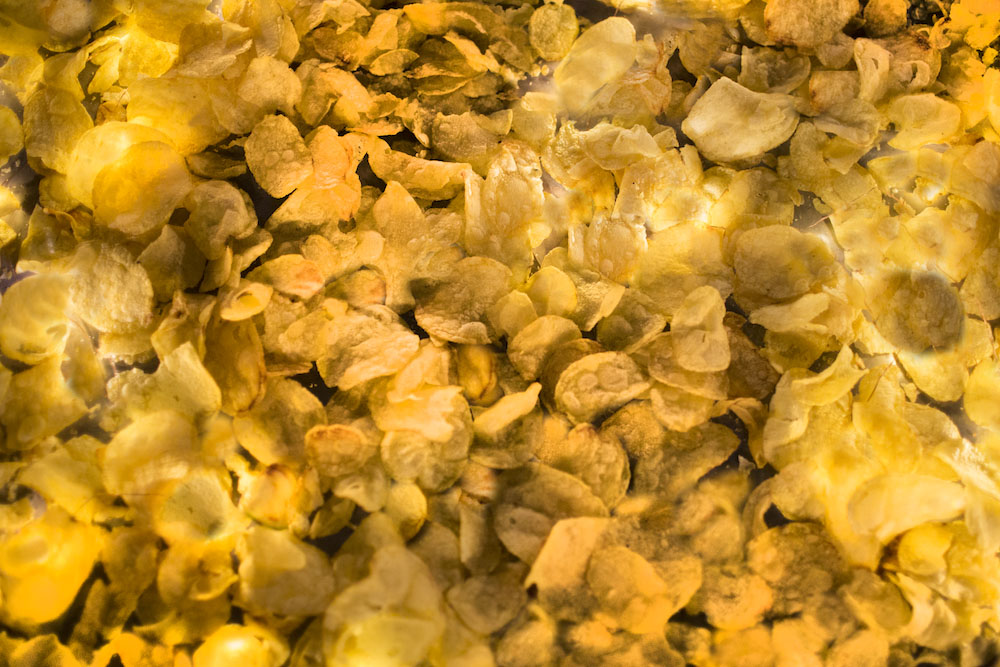
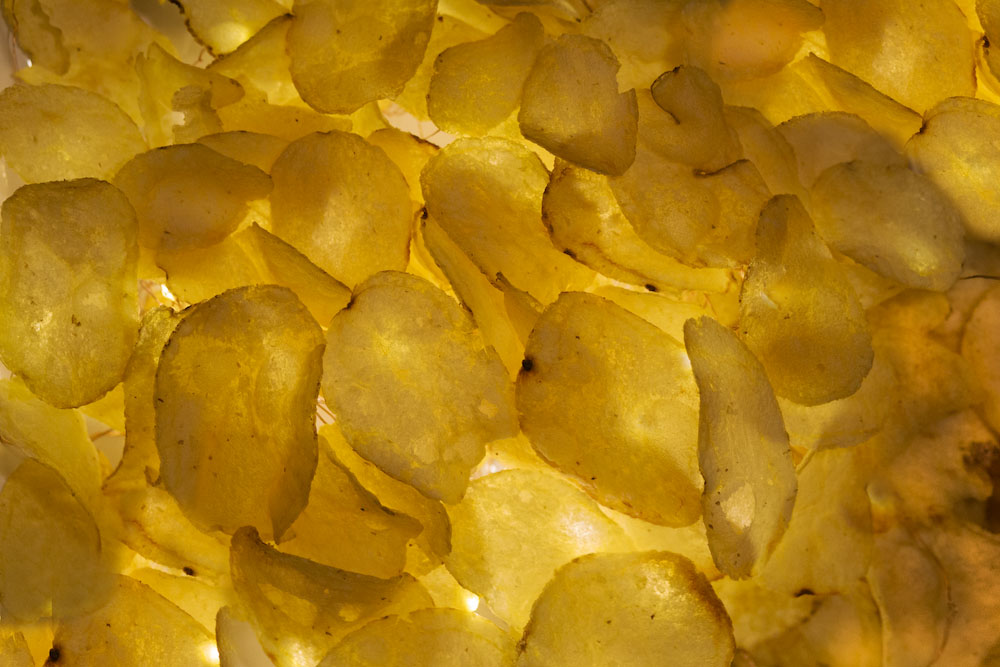
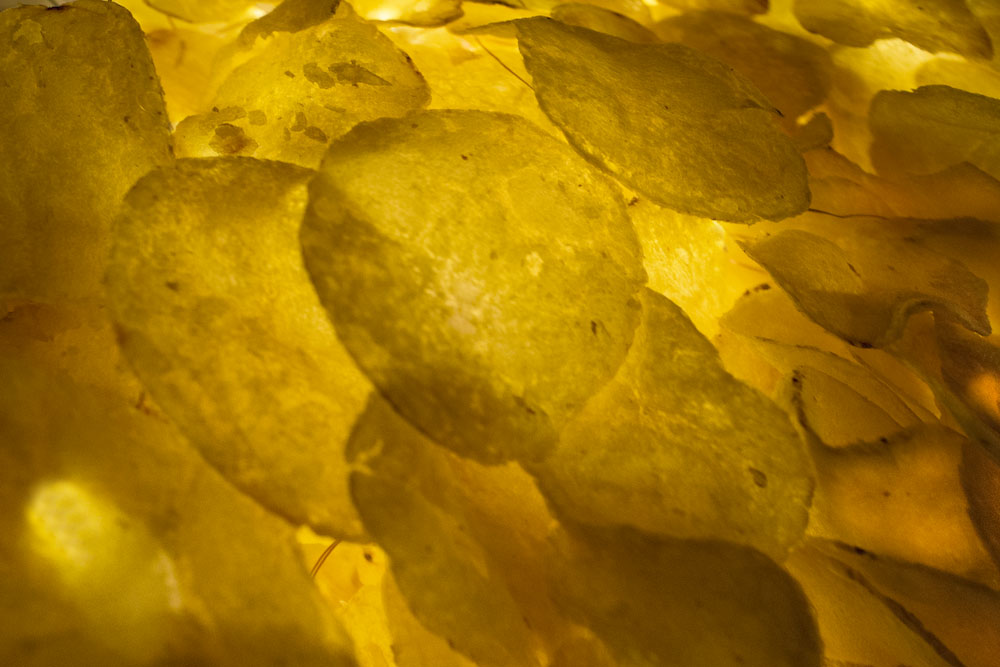
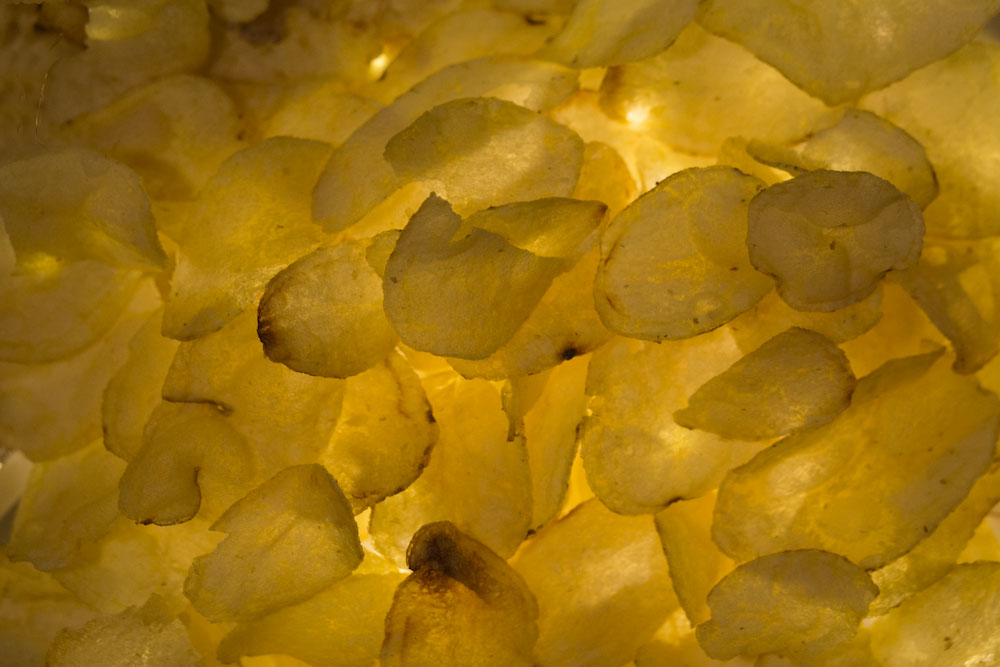
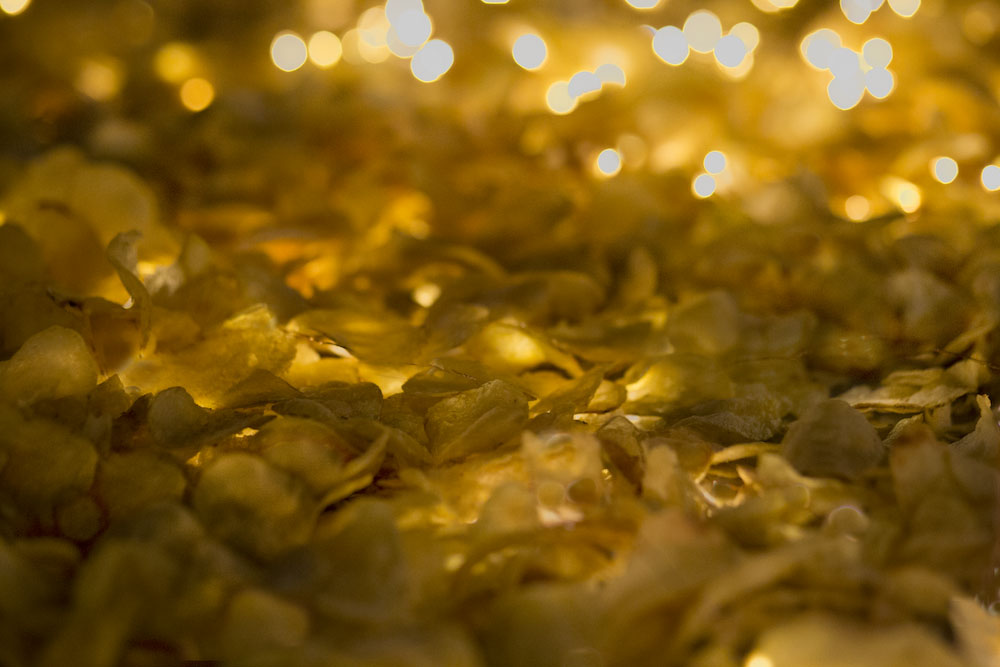
We made the best of the fall foliage season by carrying out an idea that had been in our minds for a while.
We have called it “We Are Frying!” and, with it, we want to bring attention back to climate change. We sort of had the feeling that this issue had lost relevance in these pandemic times despite the fact that it has not stopped sending us alarming warnings in the form of global warming making the already sadly famous 2020 the warmest year since temperatures began to be recorded.
We aren’t going to provide any simplistic explanations on the topic. A quick internet search can offer us detailed information about its causes and its consequences. We can also find the opinions of renowned experts who are warning us about the danger we are in for living the way we have until now.
According to these experts, the Earth will surely survive this new climate change as it already has on other occasions. However, we’d, humans, better hurry up to artificially adapt without the help of evolution. Otherwise, we will become extinct in little more than 40 years.
In order to visualize these predictions graphically, we have imagined a future where the atmosphere is so warm that the leaves are already fried before they hit the ground.
For the setting, we picked a location away from the Christmas lights that had deciduous trees. We came across a park in the Conde Duque area full of trees and people who go there to practice sports and walk their dogs.
We filled several sacks with potato chips (unfit for consumption) which we laid on the ground making a perfect circle which we carefully lighted.
Park visitors approached attracted by the light. They didn’t notice the potato chips until they took a better look. They assumed that we had gathered the leaves from the trees, piled them there and put lights in them. The dogs were smarter…
We of course left everything as we found it. Perhaps we misplaced a few leaves…
We carried out this action on a warm day in Madrid at the end of December. It was more of a spring day than an autumn day. A few days later, we were hit by the worst blizzard in the history of our city. We are still in the midst of it.
Let us not kid ourselves or confuse meteorology with climate. These extreme metereological phenomena are produced by global warming which has taken us from the warmest year in history to a dreadful cold wave that has left us the most intense snowfalls in the last 50 years.
Many thanks to Blu and Montaña for helping us with the setup, and to Ángel and Víctor for helping us get the potato chips. Photos by Melisa Hernández.
We will be hopefully spared from witnessing an event like that, although we prefer potato chips to fall off trees than frogs rain from the sky.
We wish you a slightly better 2021”.
Time of installation: and installation: 3 hours.
Damages: none.
Exhibition time: 4 hours.
——————————-
Hemos aprovechado el pasado otoño y la caída de las hojas de los árboles para llevar a cabo una idea que nos rondaba la cabeza desde hacía tiempo.
La hemos llamado «¿Nos freímos!» y con ella queremos poner de nuevo la atención en el cambio climático. Es que nos daba la sensación de que había pasado un poco a segundo plano en tiempos de pandemia, aun cuando no ha parado de mandarnos señales alarmantes, en forma de calentamiento global, convirtiendo el ya tristemente famoso 2020, también en el más cálido desde que se lleva registro de las temperaturas.
No vamos a ponernos nosotros a dar simplistas explicaciones sobre este tema, ya que cualquier búsqueda en internet nos facilitará información detallada de cuáles son sus causas y sus consecuencias. También podremos tener acceso a la opinión de reconocidos expertos que alertan del peligro que corremos de seguir viviendo como hasta ahora.
Según estos estudiosos, la tierra seguro que va a sobrevivir a este nuevo cambio climático, como ya ha hecho en otras ocasiones, pero los humanos vamos a tener que darnos prisa en adaptarnos artificialmente sin ayuda de la evolución, porque de no hacerlo, en poco más de 40 años nos habremos extinguido.
Para visualizar estas predicciones de manera gráfica, hemos imaginado un futuro en el que la atmósfera está tan caliente que hasta las hojas de los árboles llegan fritas al suelo.
Elegimos una ubicación apartada de las luces navideñas y con árboles de hoja caduca que nos sirviera de contexto; dimos con un parque de la zona de Conde Duque lleno de árboles en el que se reúne mucha gente para practicar deporte o pasean con sus perros.
Llegamos con varios sacos de patatas fritas (no aptas para el consumo), que dispusimos en el suelo formando un círculo perfecto, que iluminamos cuidadosamente.
Los usuarios del parque se acercaron atraídos por la luz y, hasta que no miraban atentamente no se daban cuenta de que lo que contemplaban eran patatas; daban por sentado que habíamos amontonado las hojas de los árboles y les habíamos puesto luz. Los perros fueron más listos…
Por supuesto, cuando nos fuimos, todo quedó como lo habíamos encontrado, bueno, quizás nos dejamos alguna hoja fuera de su sitio…
La acción la llevamos a cabo un cálido día de finales de diciembre en Madrid, más que de otoño parecía de primavera. A los pocos días, ya estábamos sumidos en la peor tormenta de nieve de la historia de nuestra ciudad, de la cual no hemos salido del todo.
No nos engañemos, ni confundamos la meteorología con el clima, estos fenómenos meteorológicos extremos son producidos por el mismo calentamiento global, que nos ha llevado en menos de 2 semanas, del año más caluroso de la historia, a una tremenda ola de frío con nevadas no vistas desde hace 50 años.
Muchas gracias a Blu y Montaña por ayudarnos con el montaje, y a Ángel y Víctor por ayudarnos a conseguir las patatas fritas. Las fotos son de Melisa Hernández.
Ojalá nunca lleguemos a presenciar semejante acontecimiento, aunque preferimos que caigan patatas fritas de los árboles a que lluevan ranas.
Os deseamos “un poco mejor 2021”.
Tiempo de montaje: 3 horas.
Daños ocasionados: 0.
Permanencia de la intervención: 4 horas.